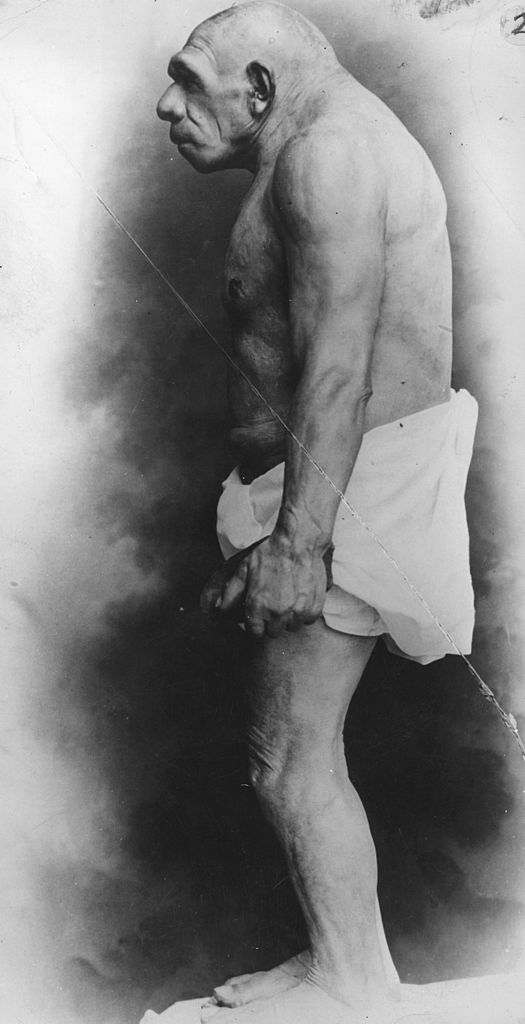
Neanderthals have gone extinct around 40,000 years ago and artifacts of their lives and existence have been discovered and studied since 1829. Scientists agree that the Homo neanderthalensis is an interesting subject of research since this subspecies of the genus Homo share 99.5% of DNA with modern humans.
Moreover, it seems like the species co-existed with early versions of Homo sapiens. Despite extensive research on what could be humanity's ancestors, the cause of their extinction remains elusive. Thankfully, a group of researchers have recently published an academic paper proposing a possible cause for the Neanderthals demise.
According to scientists from Stanford University and Tokyo's Meiji University, the extinction of Neanderthals could be attributed to their limited culture compared to modern day humans. the researcher built a mathematical model that illustrates what happens when two groups with two different levels of technology, culture and skill set compete for the same pool of resources. The results clearly showed that when one group thrives, the other tend to die out.
"If [humans] had already developed higher levels of some kind of culture, even communication ability, or tools, or better ways to utilize game that they hunted, then that would be sufficient for them to overcome the superior numbers in the [Neanderthal] residents" explained Marcus Feldman, one of the co-authors of the paper.
Feldman was quick to explain that their model is not proof that modern humans have more mental capacity than the Neanderthals. According to the scientist, there is significant research that support the idea of Neanderthals and modern humans have similar intelligence.
He also claimed that their model only explored one aspect of the relationship between the members of the Homo genus. Feldman was clear in saying that their model proposes a mere possibility and is in no way a proven fact.
We're proposing an idea that's a possibility. We can't say anything about probability."
